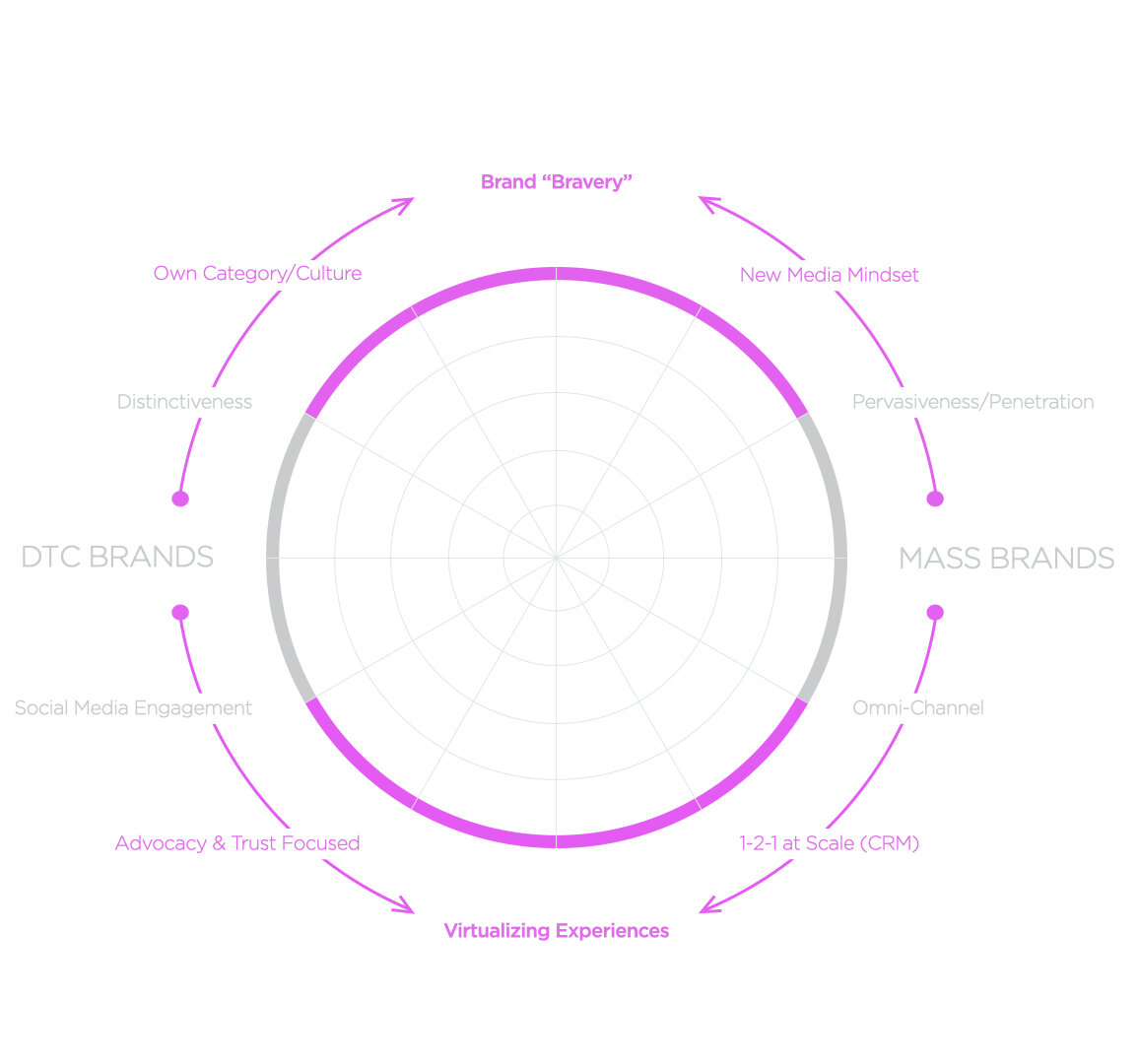VIRTUAL IDOLS GET BRANDS CONNECTED WITH GEN-Z
With the rapid development of AI technology and the emergence of virtual celebrity characters, virtual idols have gained a lot of attention in recent years. Especially with the continuous development and penetration of the ACGN (Animation, Comic, Game,Novel) subculture, the fan base for virtual idols is growing quickly among Gen-Z consumers. In order to establish a stronger connection with Gen-Z, more and more brands have also chosen to collaborate with virtual idols or establish their own virtual idols to endorse their brands. For example, DIOR, KFC, McDonald's, L'Oreal, Florasis and other well-known international and Chinese brands have tried to launch their own brand virtual IP images or cooperate with popular virtual idols. These virtual images, rather than being brand spokespeople, are external expressions of brand personality, and are an important step for brands on the path to building their IP image.
VIRTUAL IDOLS CAN AVOID THE UNCERTAINTY OF CELEBRITY ENDORSEMENTS
Compared to a brand's collaboration with a real celebrity, a virtual idol won’t affect a brand's reputation in the event of any negative press. At the same time, virtual idols are very flexible and can create more brand-related stories. Virtual idols/IPs are convenient content carriers, with strong personas, unchanging appearances, and they make it easy for followers to project and relate their own emotions.
Virtual idols/IPs are always virtual images, and it’s hard for them to make a strong endorsement for a product's features. However, virtual idols/IPs could help brands increase awareness, and brands should be aware of this trend at an early stage as a means to attracting more attention.
ASIA’S MOST POPULAR VIRTUAL IDOL
Imma is Japan’s first virtual model and is now ranked the #1 virtual idol in Asia. Easily identifiable with her signature pink bob, it’s not easy to tell she is virtual, and frequently collaborates with top artists and brands.
WATSON’S X SODA WATER X IMMA
As Watson’s first virtual spokesperson, the brand collaborated with Imma’s Japanese technology team to create a brand video using Motion Control, a Hollywood filming facility, to showcase the product's features and futuristic feel with live action, 3D animation and visual effects. Watson’s also uses AR technology to integrate virtual into reality and showcase product features.




